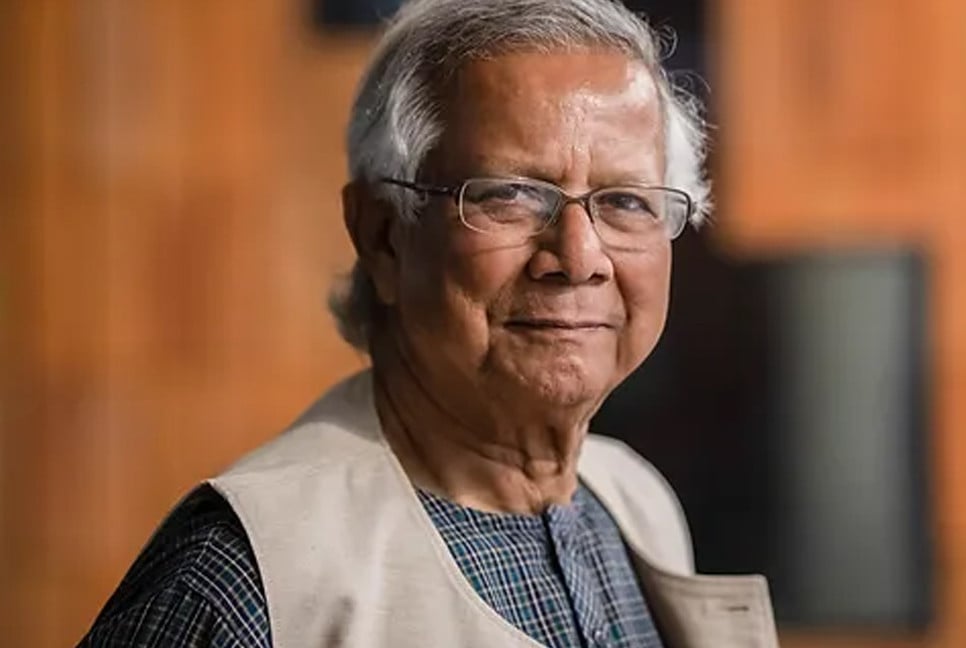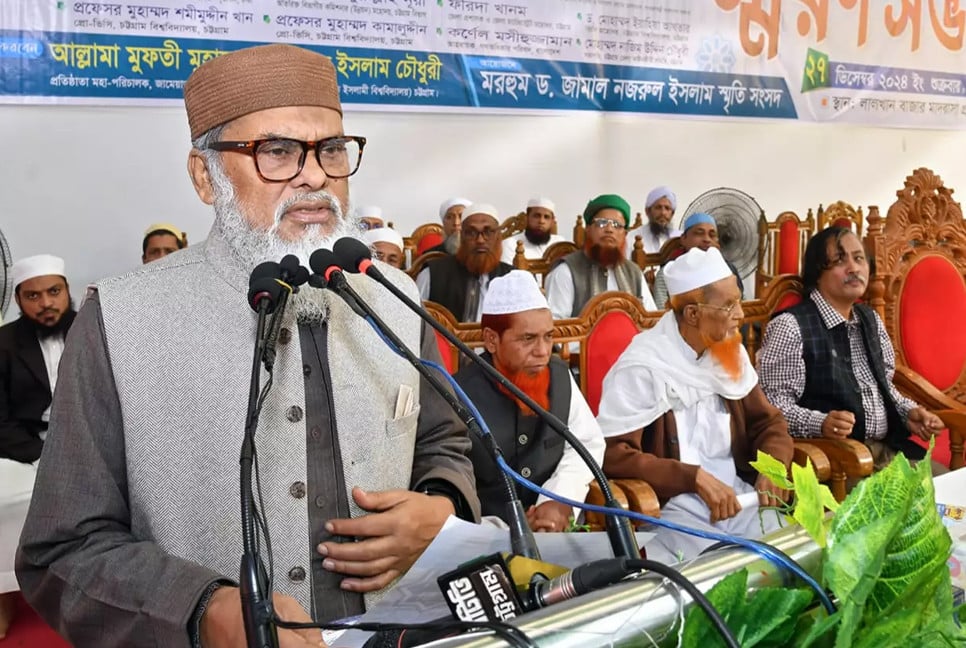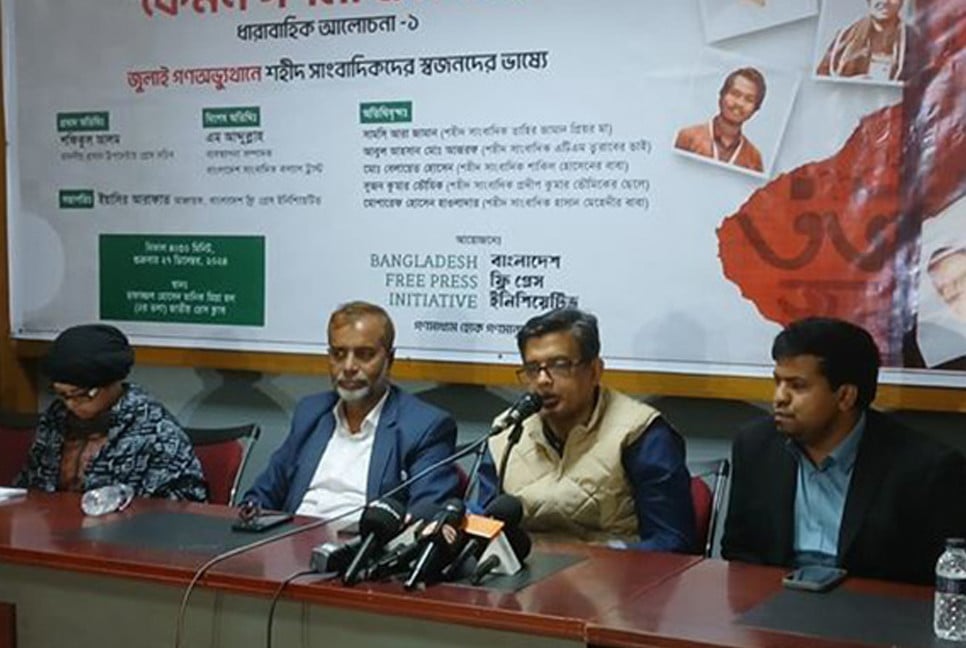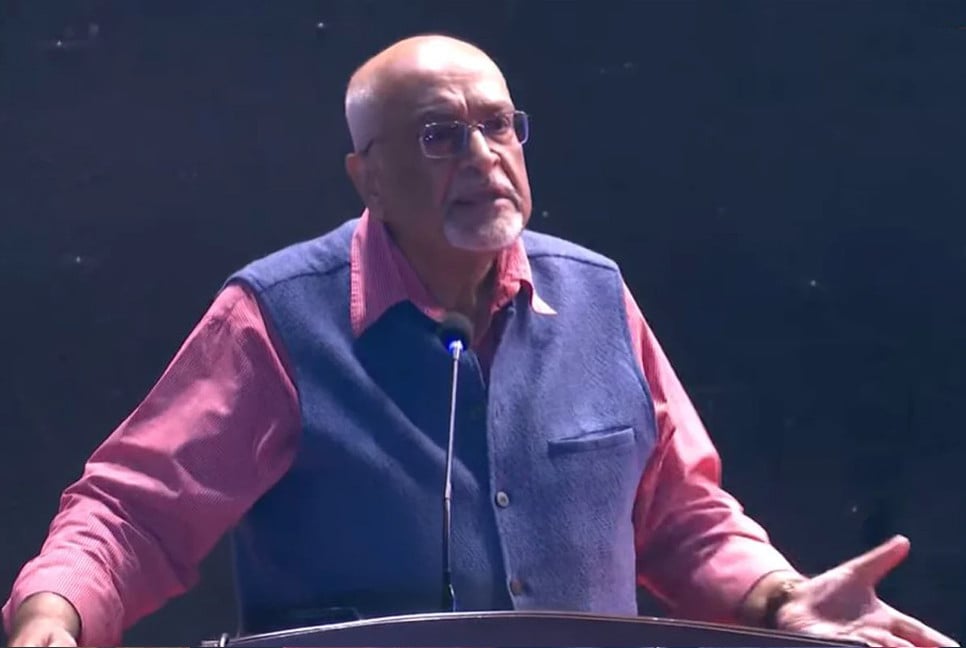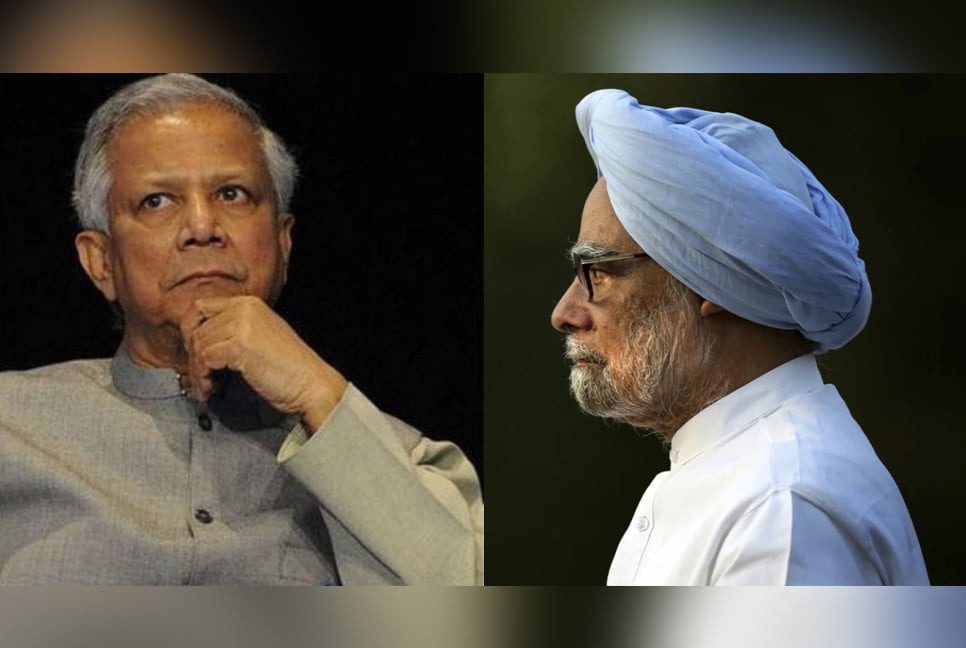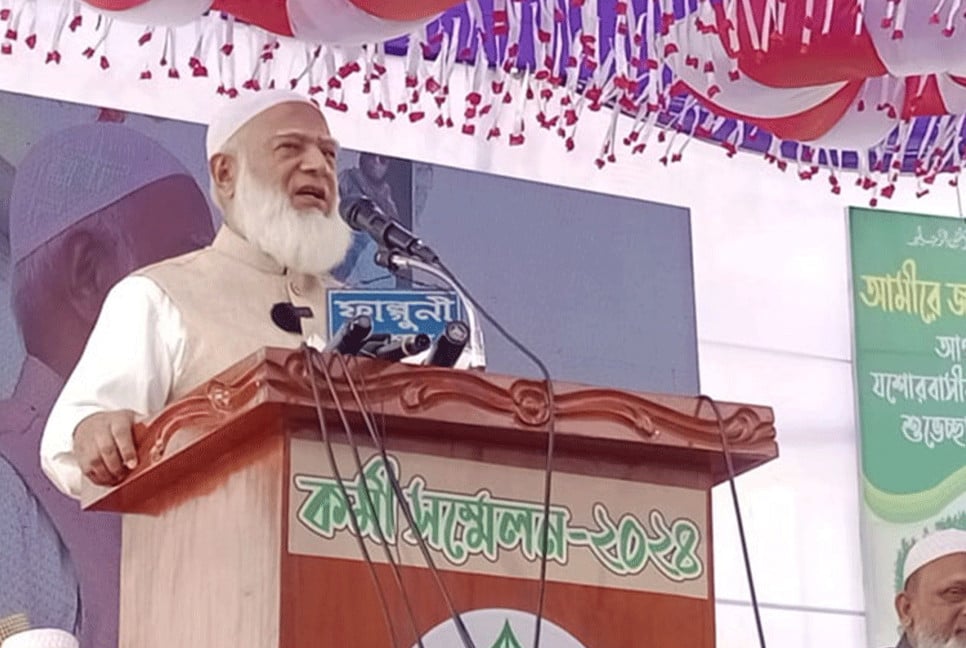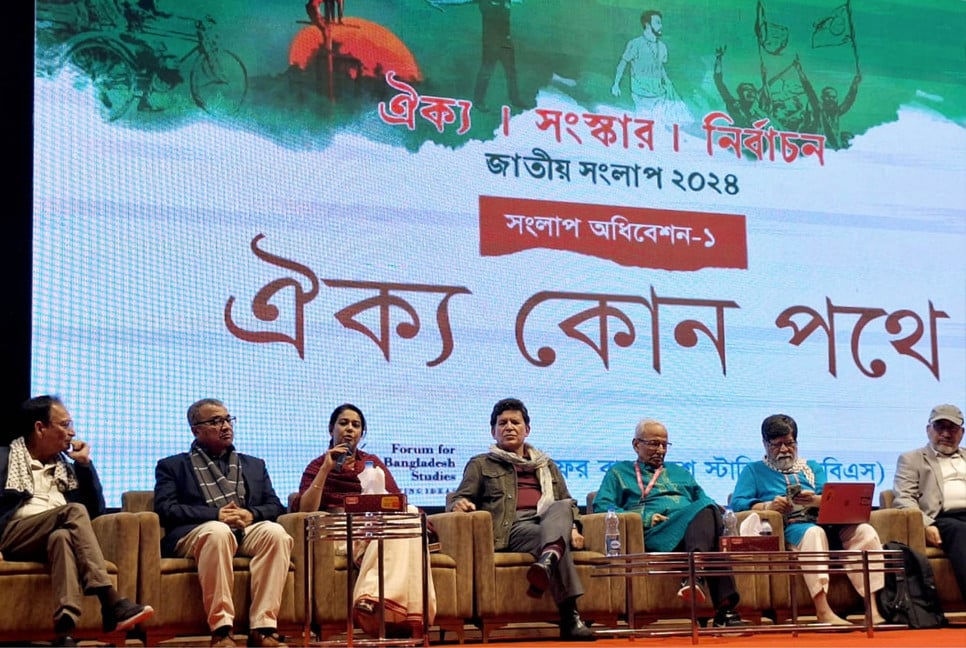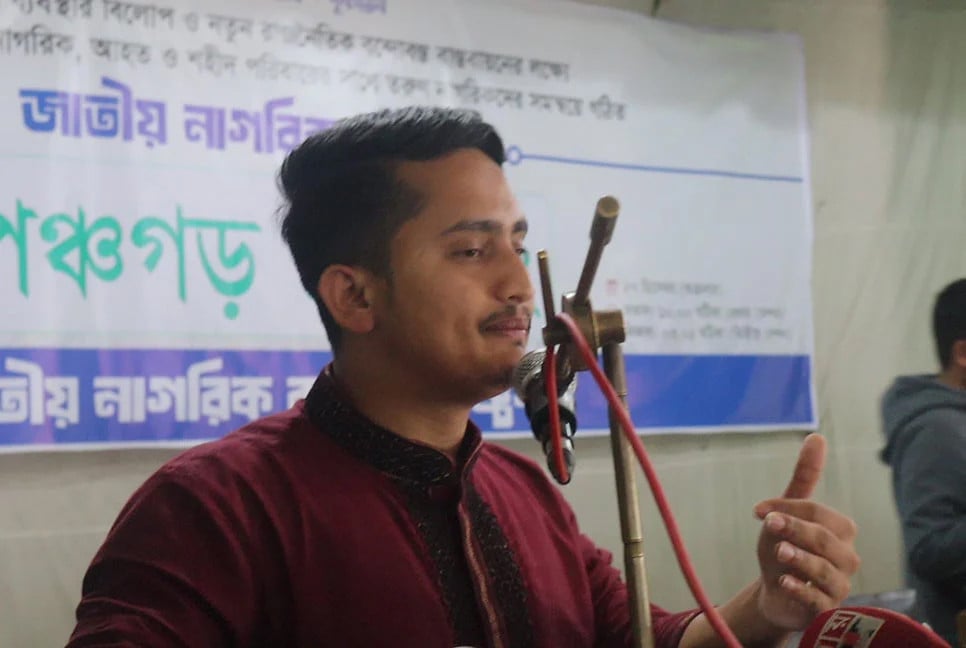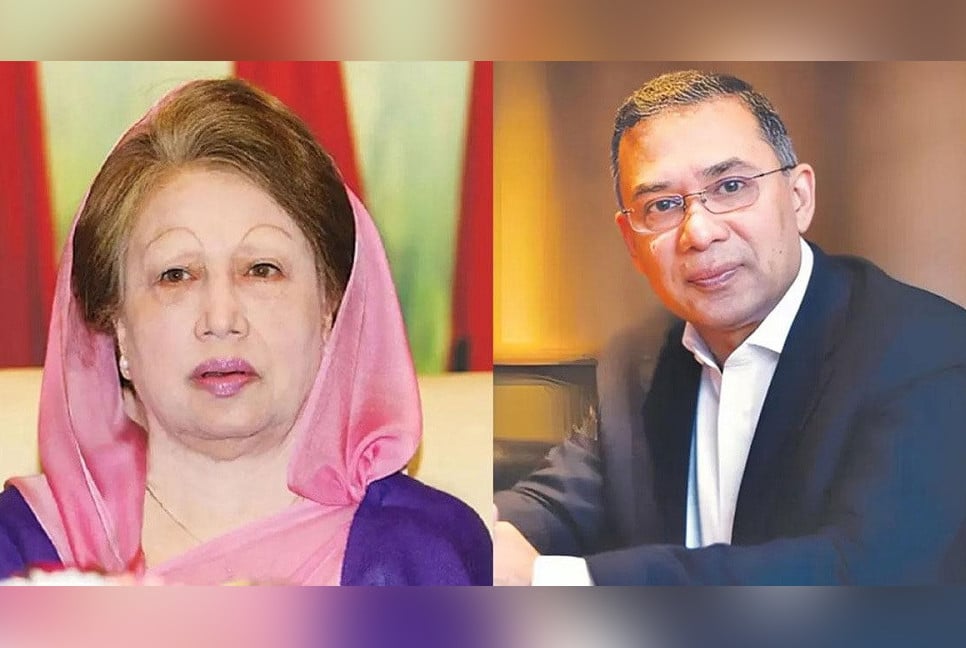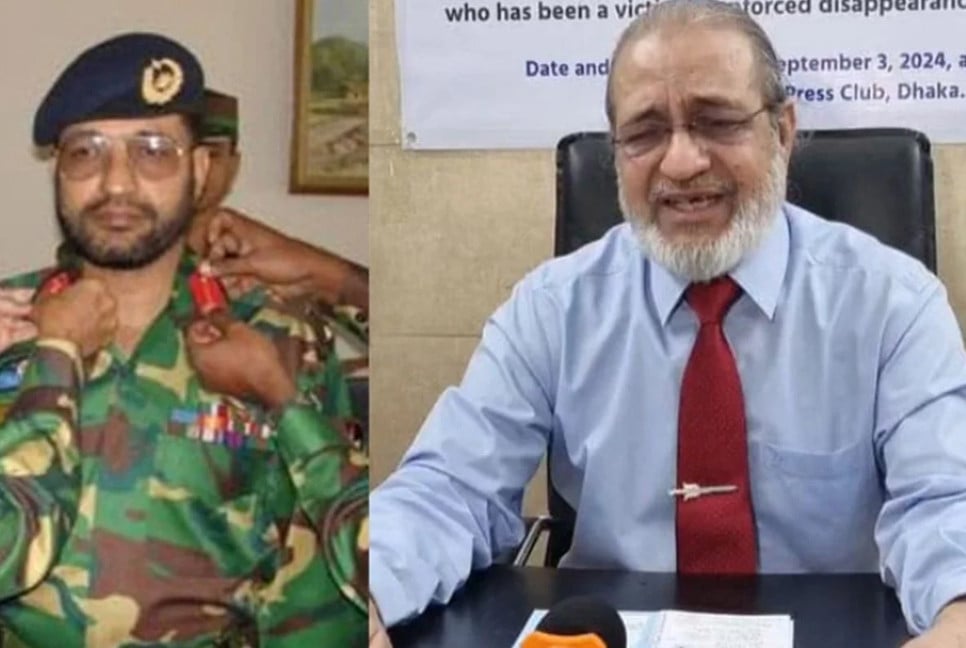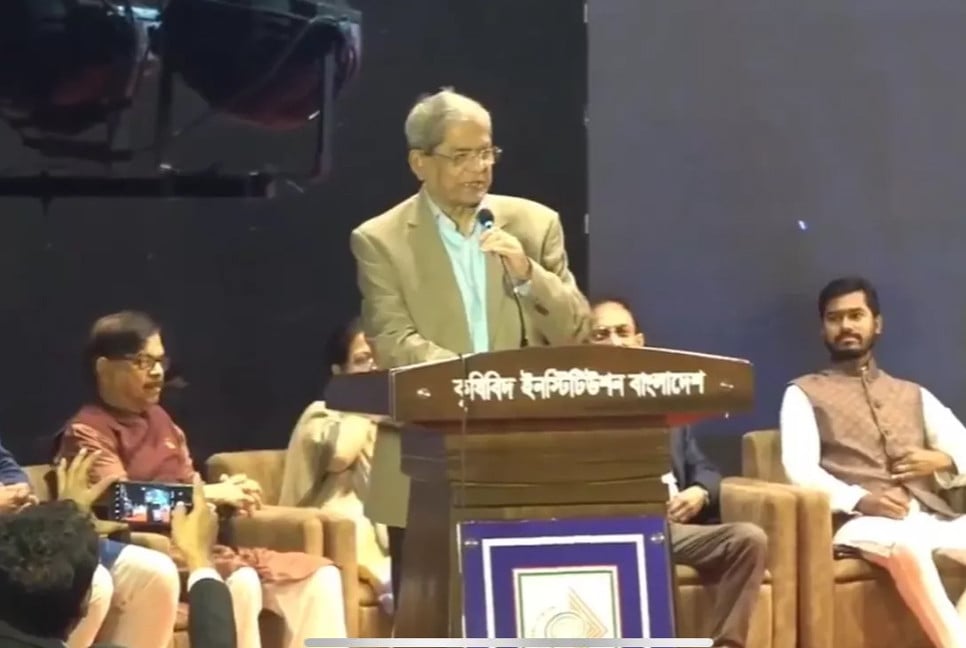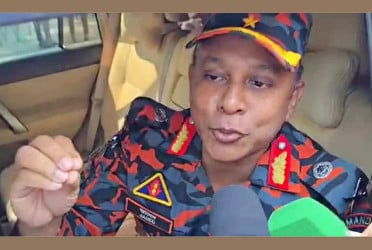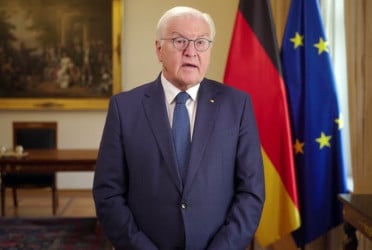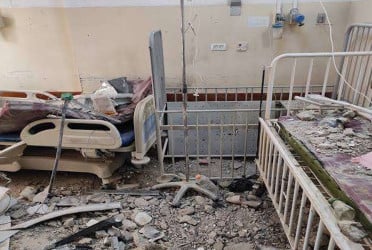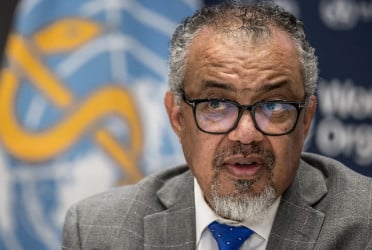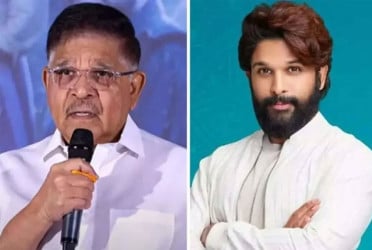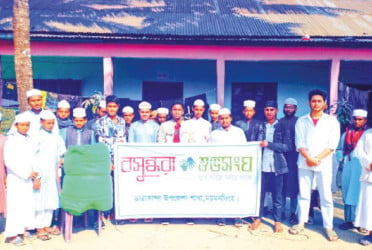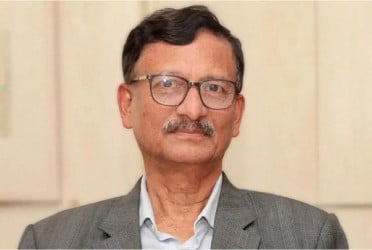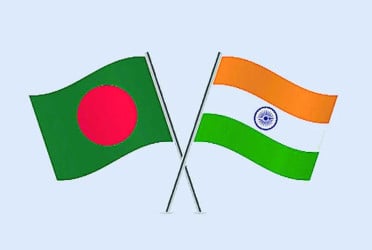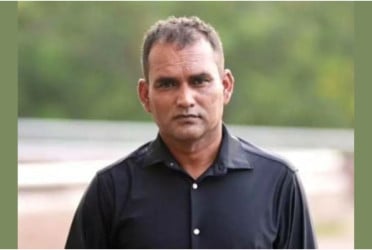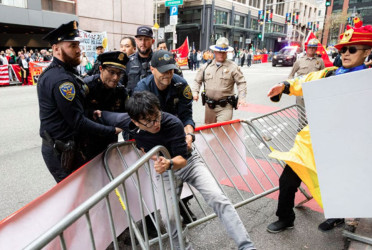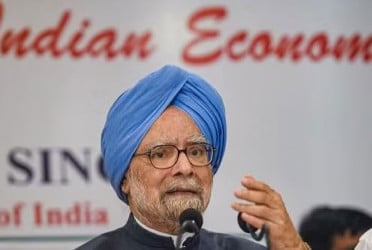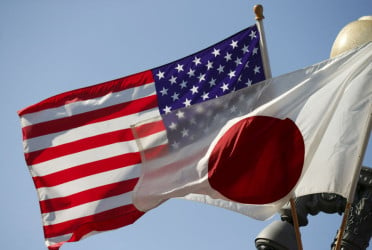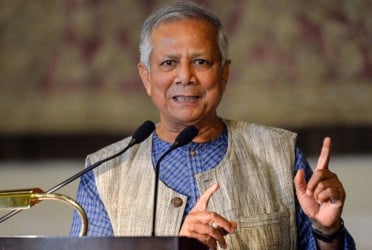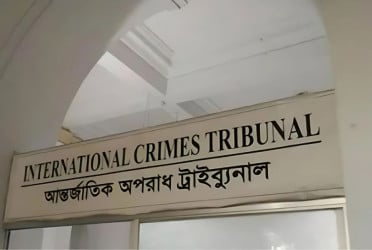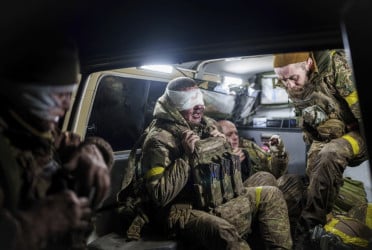Chief Adviser Prof Muhammad Yunus today (Dec 27) suggested that the minimum voter age should be stand at 17 years.
"To give their (youth) opinion on their own future, I think the voting age for them should be fixed at 17 years," he said in a video message played in an election dialogue.
Forum for Bangladesh Studies (FBS) arranged the dialogue at Krishibid Institution Bangladesh.
In his video message, Prof Yunus said different countries have various age criteria for their nationals to make them voter.
He expressed his hope that the Election Reform Commission will surely recommend such an age.
"I may or may not choose that age. Suppose, I am in favour of making young people voters early. The more young they are, the more interested they are in change—this is my argument. The youth gives them strength," the chief adviser said.
He said the youths' deep relations with information technology provides them this strength.
Mentioning that the number of young people are huge, he said they are interested in building the future of the country.
"I do not know what the Election Reform Commission will recommend. But if the majority of the people of the country like the age to be recommended by the Commission, I will accept it to reach a consensus," the chief adviser said.
He said the government has constituted 15 reform commissions for the country while the Commissions will submit their reports in January.
Prof Yunus said, "All the commissions will place many recommendations to us. We have now reached a stage that whatever anyone’s opinion, we want to accomplish the reform works by quickly establishing a consensus."
He said the Interim Government wants to make arrangements so that "we can move forward on the path of elections".
Prof Yunus said it is the responsibility of all-every citizen, political party, every social, economic, business and religious community-to participate in the reform process with joy.
Noting that the reform and election preparations will continue simultaneously, he said it is the responsibility of the Election Commission to arrange polls.
Citizens do not have to spend time on this process until they get the polls schedule, but they must participate in the works of reform, the chief adviser said.
He said those who are voters will participate (in the reform), and those who will be voters in the future should also fully engage themselves in the reform process.
Prof Yunus said the responsibility of each reform commission is to identify the main alternatives and recommend one of those to the nation.
In each case, he said, the responsibility is to prepare recommendations based on opinions of various parties on how the future will be shaped through reforms, making it easier for citizens to decide on their opinions.
But, the chief adviser said, it is not mandatory that all must accept the recommendations of commissions and that is why the National Consensus Building Commission has been formed.
Recalling with deep respect all the warriors who took part in the long struggle against fascism, he said, "I especially salute the students who were martyred in the July Mass Uprising. Our debt to those who were injured, who lost their eyesight and who lost their limbs cannot be repaid. The nation will never forget their inspiration and contribution to the formation of a new Bangladesh."
Prof Yunus said the sacrifice of the martyrs in the July Uprising will not be meaningful without building a just society.
Fascism drove Bangladesh away from all idealistic goals and put the nation into deep darkness, he said.
"We are working to bring our beloved Bangladesh back to the path of equality, human dignity and justice," the chief adviser said, stressing the need for building an economy that ensures equality of wealth and opportunity for all.
Prof Yunus said there will be such a political and state environment where the identity of minority and majority will be irrelevant.
"We all have one identity-I am a citizen of Bangladesh and the state is obliged to ensure all my rights," he added.
BSS
Bd-Pratidin English/ARK

